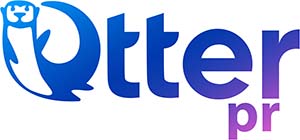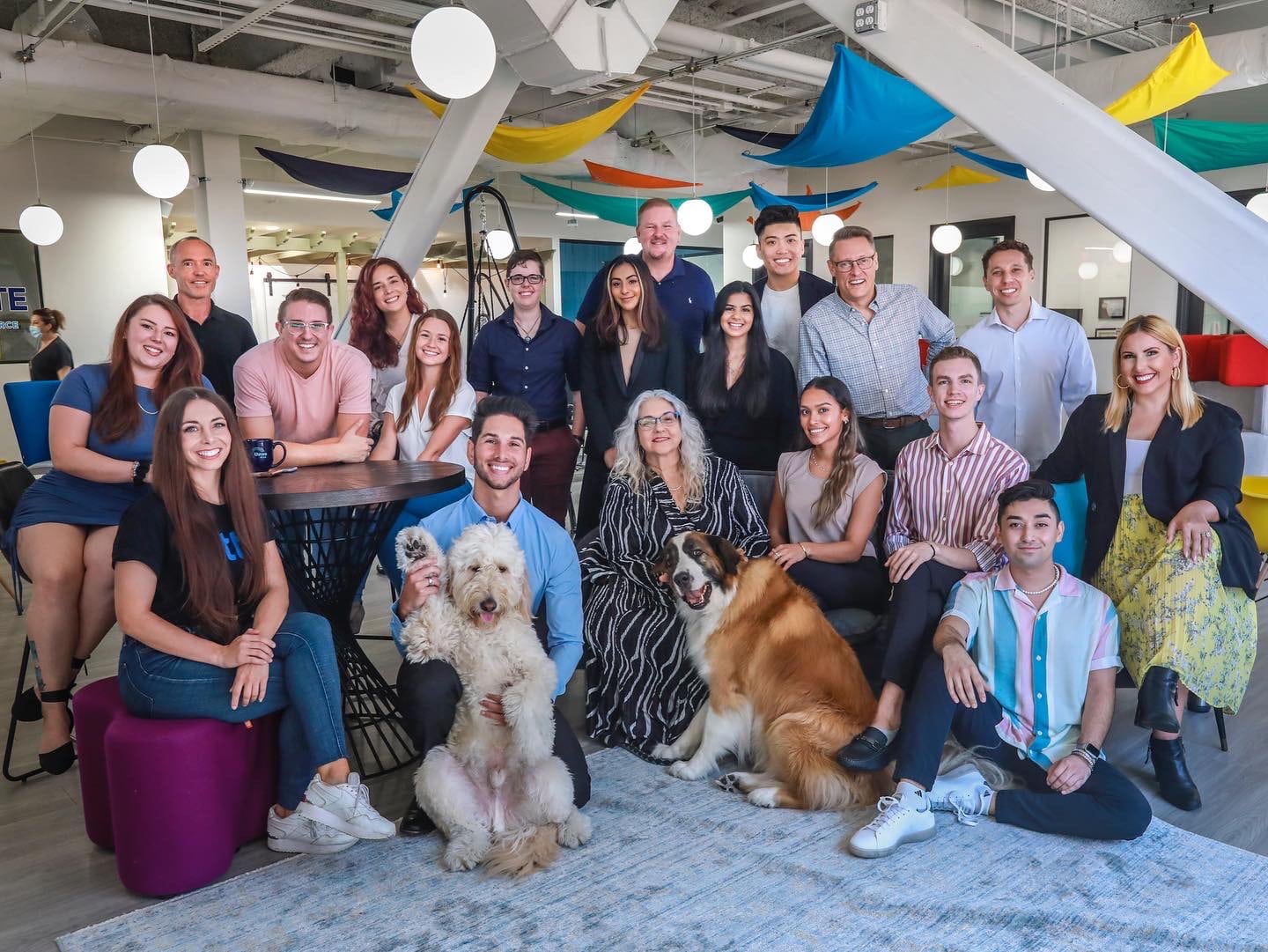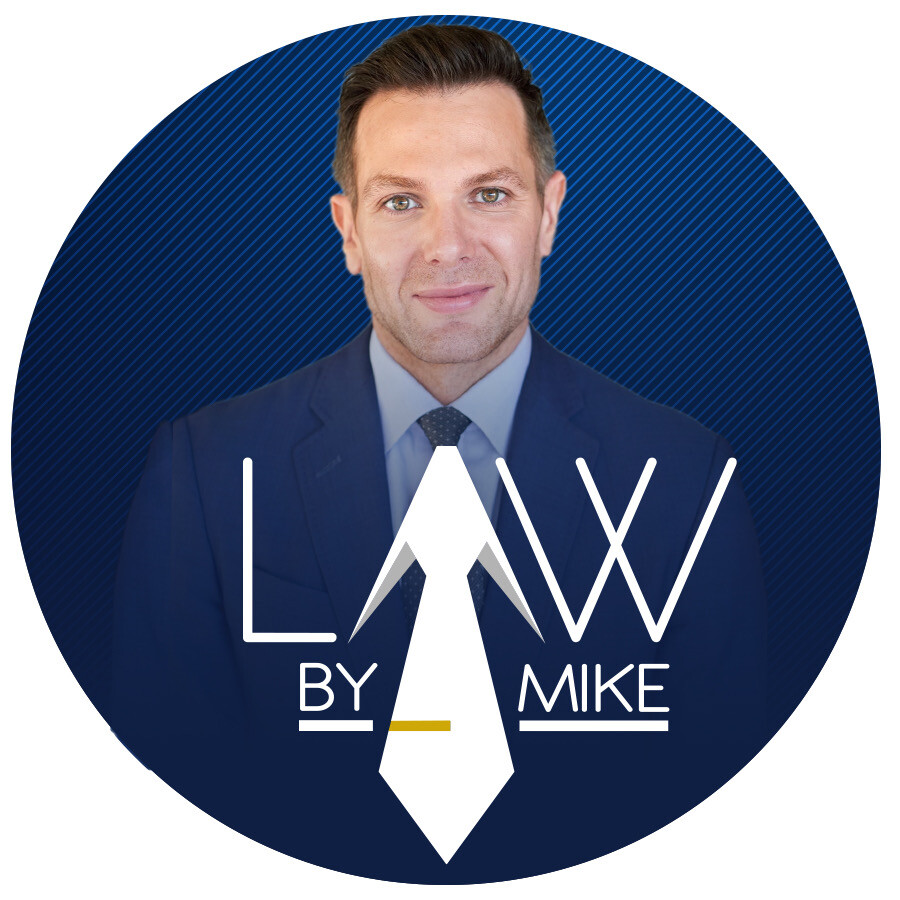Whether you have experience as a guest on podcasts or you’re stepping into the world of podcast interviews for the first time, it can be a mix of excitement and nerves. Here at Otter PR, we know how crucial it is to make a memorable impact and prepare thoroughly for your podcast interview. This blog post aims to help you prepare for podcast interviews, whether virtual or in person, ensuring you make the most of these opportunities.
Your Debut Podcast Interview
Embarking on your initial podcast interview may bring about a range of emotions, with nervousness often taking the spotlight. Feeling anxious is natural, but remember that this is your chance to showcase your expertise and passion to a wider audience.
One of the first things to consider is whether the podcast will be conducted in person or virtually; this choice will shape how you prepare. Each format has unique aspects; virtual interviews offer convenience and flexibility, while in-person interviews allow for a more intimate connection between the host and listeners.
Prepare for Podcast Interviews Ahead of Time
Preparation lays the groundwork for effective communication, audience engagement, and making a lasting impact during your interview. Before your important day, let’s review some essential steps to prepare.
1. Research the Podcast
Connecting your message with the interests and expectations of the podcast’s audience is crucial to truly engage them. Understand the podcast’s genre, the usual conversational tone (be it formal, educational or casual) and the format (like interviews, panel discussions or solo episodes). This research will help you shape your responses to not only add value but also match the vibe and rhythm of the show.
2. Familiarize Yourself with Your Host
The host’s interviewing style can greatly impact how the conversation unfolds. By getting to know their approach—whether they prefer a casual chat, deep dives into technical details, or keeping things light and fun—you can better predict their questions and tailor your answers accordingly. This awareness helps create a smoother interaction and builds rapport with both the host and the audience.
3. Set Up Your Recording Space
For virtual interviews, your surroundings play a significant role in ensuring a high-quality recording. Pick a quiet, well-lit room where you can focus without interruptions. A reliable internet connection is key to avoiding any technical glitches. Planning your route and being aware of the interview location for in-person podcasts can help reduce stress and ensure you arrive on time, calm, and prepared.
4. Check Your Equipment
Technical issues can disrupt a smooth interview flow. Prior to the interview, test your microphone, headphones, and any required software. Position your microphone properly for clear audio capture. Using headphones can help minimize echo or feedback, enhancing the overall quality of your podcast interview experience.
5. Rehearse Your Key Points
While spontaneity is valuable in a conversation, having a structured approach to your thoughts and responses is essential. Identify the main messages you want to convey and practice expressing them clearly and concisely. Avoid memorization to maintain an authentic and engaging dialogue.
6. Dress Accordingly
Even if the podcast is not visually focused, dressing appropriately can boost your confidence. For video interviews, consider how you appear on camera – choose attire that looks good on screen in terms of fit and colors to present yourself professionally.
7. Familiarize Yourself with the Podcast’s Content
To best prepare for podcast interviews, spend time listening to previous podcast episodes to understand recurring themes, common questions asked, or typical guest profiles. This valuable insight can assist you in customizing your responses more effectively and preparing you for the direction the conversation might take, allowing for a smooth integration of your expertise with the podcast’s storyline.
8. FAQs Preparation
Being ready for commonly asked questions can significantly boost your confidence. Create a list of frequently asked questions related to your field of expertise or the specific topic being discussed. Developing thoughtful answers in advance ensures that you communicate your key points clearly and efficiently, maximizing the impact of your podcast interview opportunity.
Following these preparatory measures sets the stage for an engaging discussion that connects with listeners and leaves a lasting impression.
Technical Tips for Virtual Interviews
Virtual interviews have become commonplace in the realm of podcasts, offering convenience and wide accessibility. However, they also present their own technical challenges. To guarantee a seamless and professional experience, here are some important factors to consider for your upcoming virtual podcast interview:
Optimize Your Internet Connection
A stable and fast internet connection is essential for virtual interviews. If feasible, position yourself close to your router to enhance signal strength. During the interview, refrain from streaming videos, engaging in large downloads, or other activities that consume significant bandwidth on your network.
Choose the Right Microphone
The audio quality plays a significant role in the success of a virtual interview. Opt for a high-quality external microphone over your computer’s built-in microphone if possible. A good external microphone may be a wise investment if you plan to continue pursuing podcast interviews. Position the microphone correctly, keeping it about a fist’s width away from your mouth.
Assess Your Lighting and Background
Visual elements are crucial in video interviews. Ensure you position yourself facing a light source, such as a window or desk lamp, to prevent backlighting. Your background should be neat and professional, devoid of any distractions. A plain wall or an organized bookshelf are ideal choices. While some video conferencing tools provide virtual backgrounds, using them sparingly is advisable to avoid potential visual disruptions.
Shut Down Unnecessary Programs
Close any unnecessary applications on your computer before the interview to facilitate smooth functioning and reduce the chances of notifications appearing or sounds disrupting your conversation.
Do a Tech Rehearsal
Conduct a tech rehearsal with a friend or colleague before the interview. Test your microphone, headphones, lighting setup, and internet connection during this trial run. This preparation can help identify and resolve any technical issues beforehand, alleviating stress and allowing you to focus entirely on the interview.
Have a Backup Plan
Stay prepared for any technical hitches that may arise during the interview. Make sure to have your phone or tablet nearby as a backup in case your computer malfunctions.
By following these practical suggestions for virtual interviews, you’ll be well-prepared to showcase yourself in the best possible way. Focus on sharing your thoughts and engaging with the host and audience without any technical disruptions.
Tips for Success During the Podcast
How you present yourself on the podcast can greatly impact the interview’s quality and the rapport you build with the host and audience. Let’s go through some key points to remember during your podcast recording.
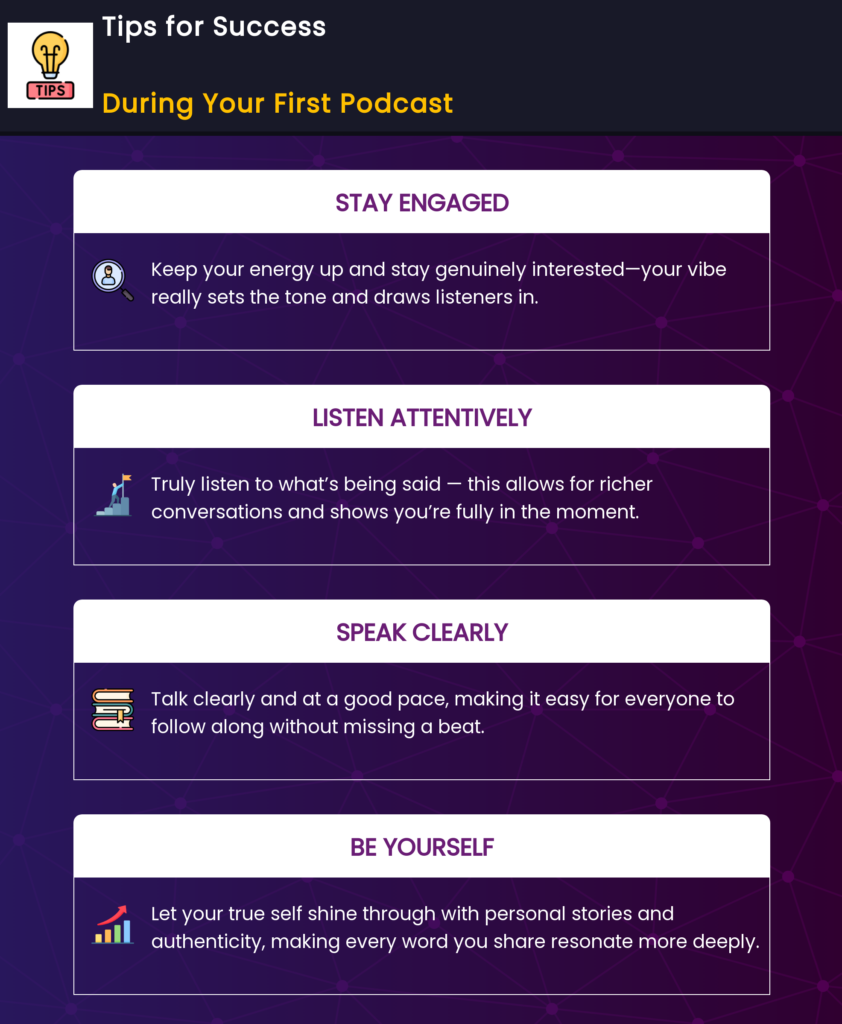
1. Stay Engaged
Showing genuine enthusiasm and interest throughout the conversation is contagious. Your energy sets the interview’s tone and influences how the audience perceives and connects with the content. Demonstrate that you are fully engaged by responding appropriately to discussions through thoughtful nods, smiles (even if it’s audio only, as it affects your tone), or verbal affirmations.
2. Listen Attentively
Active listening is a crucial skill that can elevate good interviews into outstanding ones. Paying close attention to the host’s questions and cues paves the way for deeper and more meaningful conversations. You can expand on what the host said, ask insightful follow-up questions, or integrate relevant stories and examples. This attentiveness ensures that you respond to questions thoroughly and considerately, preventing any misunderstandings that could disrupt the flow of conversation.
3. Speak Clearly
Speaking clearly is essential for effective communication, particularly in a podcast context where audio plays a key role. Maintain a moderate pace when speaking, articulate your words clearly, and pause briefly between thoughts to allow listeners to digest the information. Minimize the use of filler words, as they can diminish the clarity and impact of your message.
4. Be Yourself
Authenticity is compelling. It captivates listeners and helps forge a genuine connection with them. Feel free to share personal stories or experiences related to the topics at hand. These anecdotes can shed light on your points in a relatable and memorable manner, enhancing the engagement of the content. Staying true to yourself also helps alleviate nervousness; being genuine rather than trying to conform to an ideal image makes you engage more naturally in conversation. Your unique perspective and personality are truly what enriches your contribution to the podcast.
Effective communication, active listening, clear expression, and genuineness play crucial roles in ensuring that the podcast episode is informative and engaging. It’s important to remember that a successful podcast interview should be like a meaningful conversation that adds value to everyone involved—the host, you, and especially the listeners.
What NOT to Do During a Podcast
When it comes to conducting a smooth and captivating podcast interview, it’s not just about what you should do but also about what you should avoid. Steering away from common blunders can help maintain a professional ambiance and keep the audience captivated throughout. Here are some pointers on things to avoid during your podcast interview:
1. Refrain from interrupting the host or talking over them.
Respecting each other is essential in any dialogue, particularly in the context of a podcast interview. Interrupting or speaking over the host can disrupt the natural flow of conversation and might be perceived as impolite or unprofessional by listeners. Allowing the host ample space to express their thoughts and pose questions is crucial before offering your responses fully. If an unintended interruption occurs, simply acknowledging it or offering an apology can significantly contribute to maintaining a courteous and professional interaction. Keep in mind that a podcast interview is shared territory where mutual respect elevates the conversational quality.
2. Avoid using technical jargon or excessively intricate language that could confuse listeners.
It’s essential to demonstrate your expertise without overwhelming your audience with technical jargon or complex language that might confuse those unfamiliar with the terms. Try to convey your ideas using clear, straightforward language that everyone can understand. If you need to use specialized terms, take a moment to explain them in simpler words. This strategy ensures that your message is clear and shows respect for the audience’s understanding.
3. Remember to mute your phone or any other devices that could cause disruptions.
Background noises or unexpected interruptions can lower the quality of an interview and disrupt the listener’s experience. Before starting the interview, make sure all your devices are on silent mode or set to “do not disturb.” This includes phones, tablets, and other gadgets that could create noise or distractions. By minimizing potential interruptions, you help create a more professional and smooth interview atmosphere, allowing you and the host to focus on the conversation.
Keep in mind that the aim of any podcast interview is to provide a memorable and informative experience for listeners. Avoiding these issues will greatly contribute to achieving this goal.
Handling Difficult Questions
Handling challenging questions during a podcast interview can be a test of one’s skills, even for seasoned speakers. However, by approaching them with the right mindset, you can use these moments as opportunities to showcase your knowledge, thoughtfulness, and composure. Here are some PR strategies for managing difficult questions to uphold your professionalism and ensure a constructive conversation.
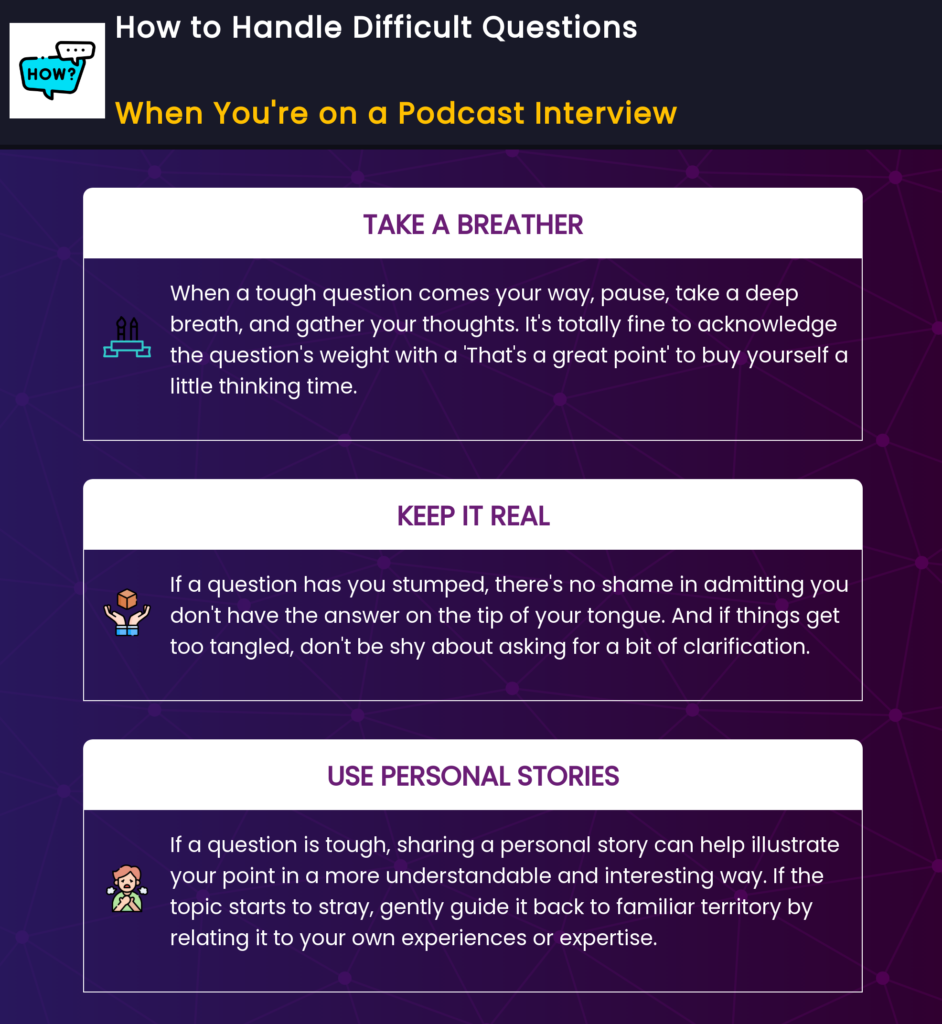
Maintaining Composure
When faced with a difficult question, the key is to stay composed. Take a deep breath and allow yourself a moment to collect your thoughts. Reacting hastily or feeling overwhelmed can result in errors or responses you may regret later. Remember, it’s absolutely acceptable to pause briefly before responding, indicating that you are considering the question.
Acknowledge the Question
Recognize the complexity or significance of the question before delving into your answer. Simply acknowledging with phrases like “That’s an excellent question” or “I appreciate you bringing that up” not only gives you more time to think but also shows respect for both the query and the individual posing it.
Simplify and Clarify
If confronted with a complex question containing multiple parts, try breaking it down into simpler components that are easier to address. Feel free to ask for clarification if a question seems unclear or puzzling. This will help ensure you fully grasp what is being asked and lead to a more focused response.
Be Honest
If you are unsure about an answer, it’s best to be honest rather than trying to fake your way through it. You can simply say, “I don’t have that information right now, but I can provide more details after the interview.” Being truthful helps establish trust with both the interviewer and the audience.
Redirect Gently
When presented with a question that strays off-topic or ventures into unfamiliar territory, it’s acceptable to gently steer the discussion back to familiar territory. Acknowledge the question and then transition by linking it to something you are comfortable discussing. For instance, “That’s an interesting point, and it connects with…” This approach allows you to guide the conversation without outright disregarding the interviewer’s inquiry.
Use Anecdotes and Examples
Challenging questions present an opportunity to share anecdotes or instances that demonstrate your points in a relatable manner. Narratives can bridge the divide between complex ideas and practical comprehension, making your response more captivating and memorable.
Embrace the Opportunity
Approach every challenging question as a chance to showcase your depth of knowledge, quick thinking skills, and dedication to engaging with complex subjects. Mastering a tough question can become a standout moment in the interview, leaving a positive impression on both the host and the audience.
Responding to difficult questions with poise and confidence is a valuable skill that boosts your credibility and reinforces your expertise. By mentally preparing for these situations and implementing these techniques, you can tackle even the most challenging questions during your podcast interview. If you’re aiming to elevate your interview presence and cultivate confidence in facing tough questions, Otter PR’s media training is designed to empower you.
Post-Podcast Interview Etiquette
The moments following your podcast interview hold significance, just like the preparation and the interview itself. Post-interview etiquette mirrors your professionalism and can strengthen your connection with the host and the podcast’s audience. Here are tips for navigating this phase effectively:
Show Appreciation
Always begin by expressing gratitude to the host for giving you the opportunity. A simple thank you message or email showing your gratitude can greatly contribute to building rapport. It’s a gesture that acknowledges the host’s efforts and their platform that allows you to share your story or expertise.
Share the Episode
Share the episode on all your social media channels once the episode goes live. To boost its visibility, remember to tag the host and the official podcast account. This helps promote the episode and demonstrates your support for the podcast. Sharing it can attract more listeners, benefiting both you and the host.
Engage with Listeners
Stay engaged with listeners who comment or ask questions about the episode on social media or other platforms. Responding to feedback shows your commitment beyond the interview and helps establish a connection with the audience. This interaction can cultivate a more loyal following and create opportunities for future collaborations.
Offer to Promote Further
If needed, offer your assistance in promoting the episode further. Some podcasts organize additional promotional activities after launch, such as live Q&A sessions or social media takeovers.
Request Feedback
Seek feedback from the host on your participation; it can offer valuable insights into your performance and how you can enhance future interviews. It demonstrates your dedication to professional growth and contributing positively to podcast discussions.
Maintain the Connection
Engaging with the content shared by individuals on social media, interacting with their posts, and consistently showing support for their podcasts can help nurture a long-lasting professional bond. This network could be extremely valuable for potential future collaborations or simply staying updated on the latest developments in your field.
Adhering to these guidelines for post-podcast interview etiquette not only demonstrates respect for the host and their platform but also amplifies the impact of your participation. It boosts your reputation as a guest and strengthens your ties within the podcasting community, opening doors to more opportunities and expanding the reach of your message or brand.
Wrap-Up and Key Takeaways
The process to prepare for podcast interviews, whether virtual or face-to-face, demands careful preparation and establishing a genuine connection with your audience. By following the suggestions outlined in this manual, you can ensure a successful and meaningful interview experience.
For those seeking to elevate their podcasting endeavors, Otter PR offers a service for renting out podcast studios. Our cutting-edge facility offers an ideal environment for hosting or participating in high-quality podcast interviews. Feel free to contact us to discover how we can assist you in pursuing your podcasting goals.

Podcasts are an amazing format for building brand awareness and establishing yourself as a thought leader in your industry. With proper preparation and mindset, you’re set to make a lasting impact on your listeners. Happy podcasting!
Tags: business success, media relations, Personal brand, PR, Public relations
